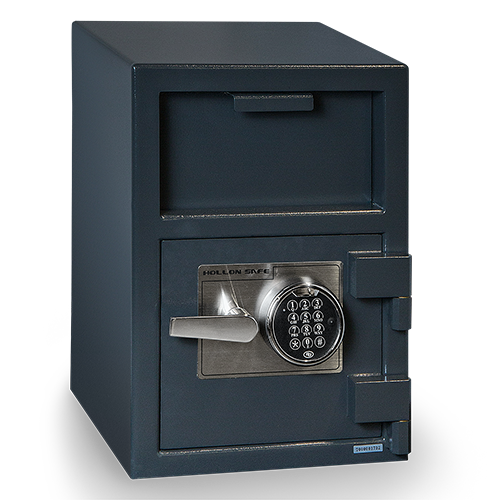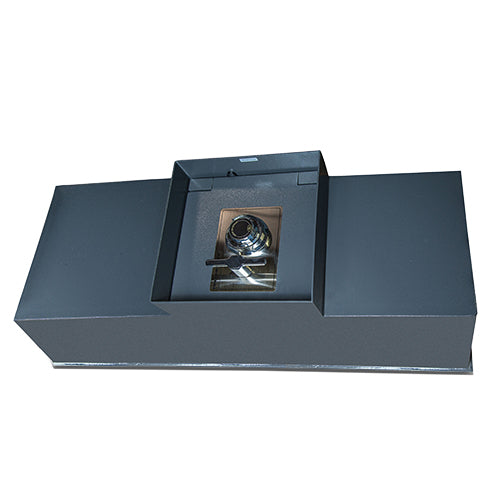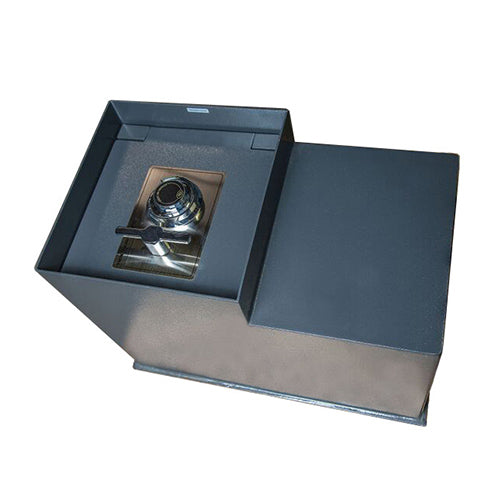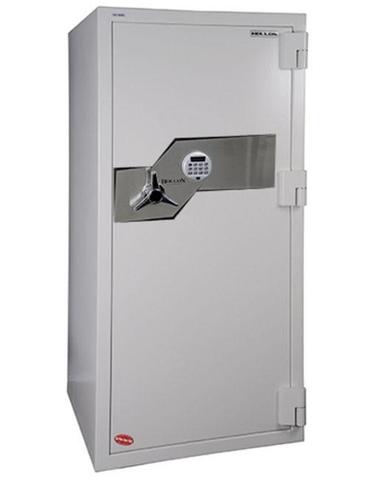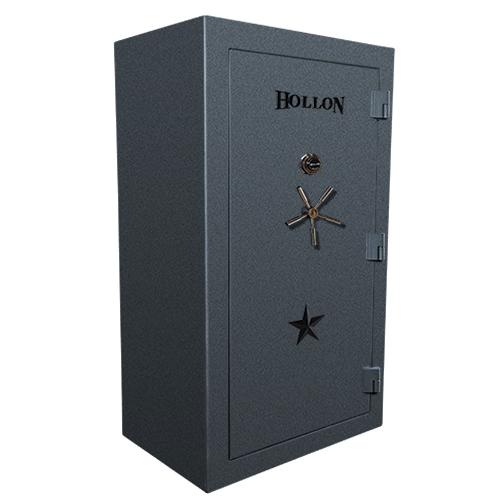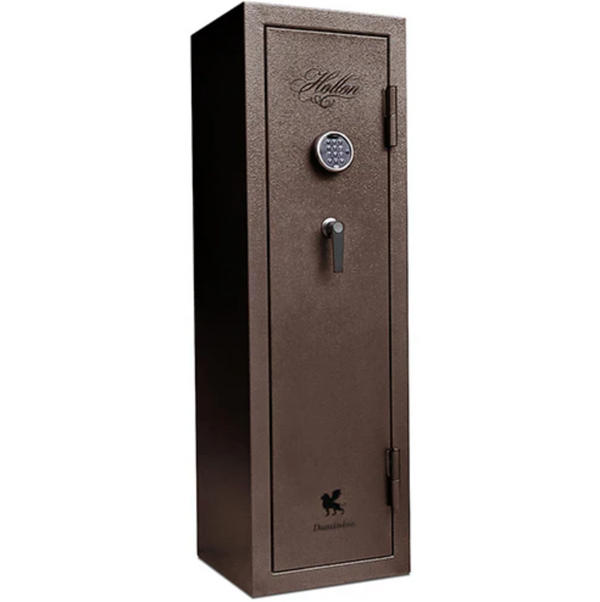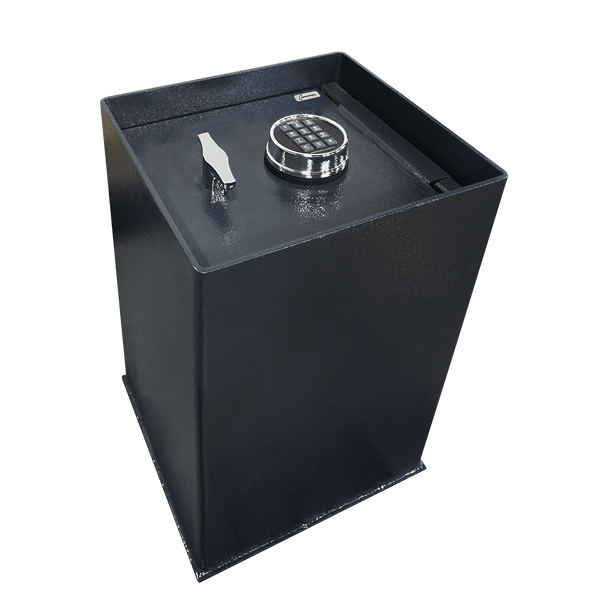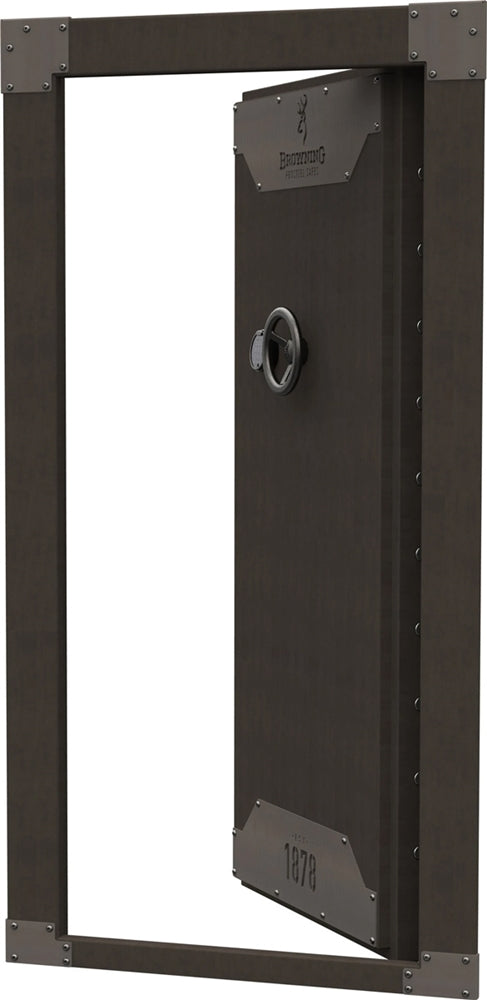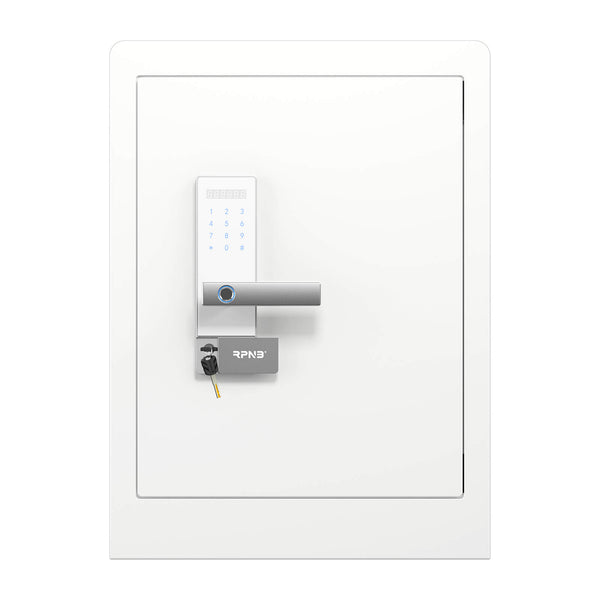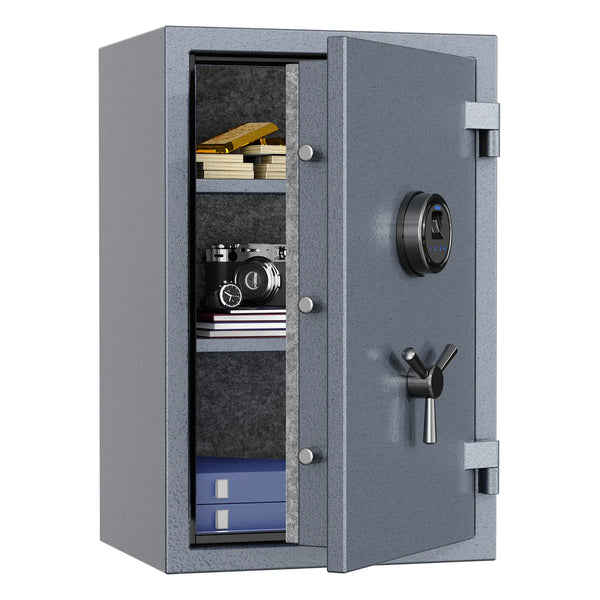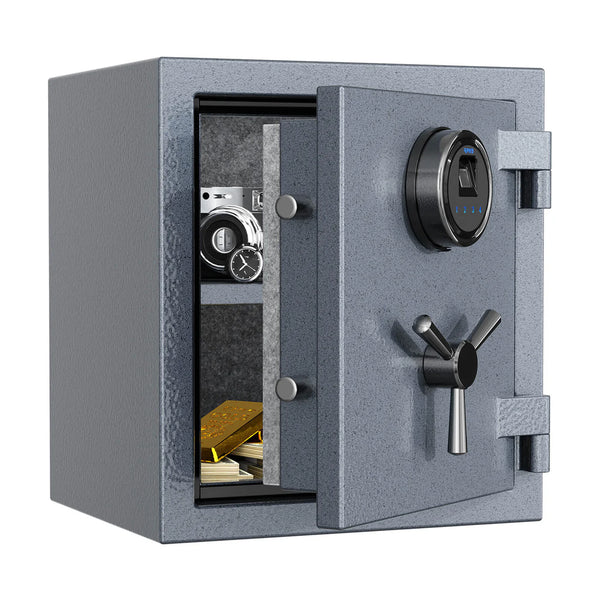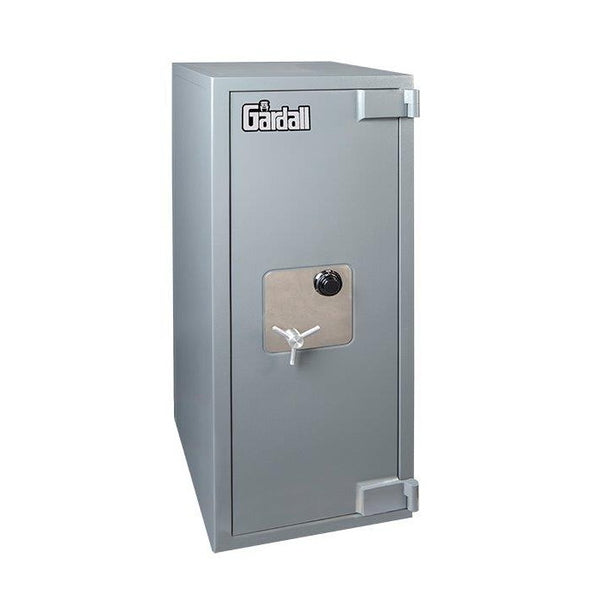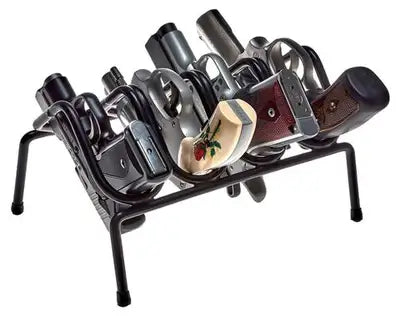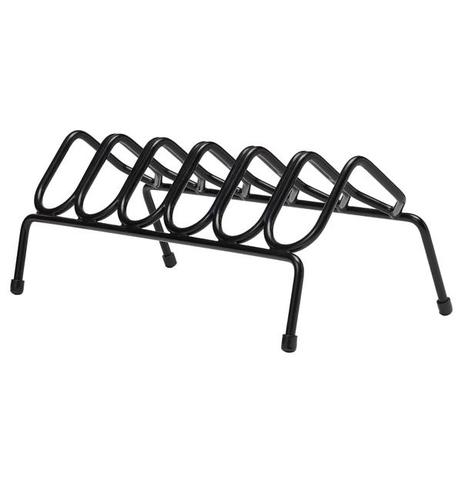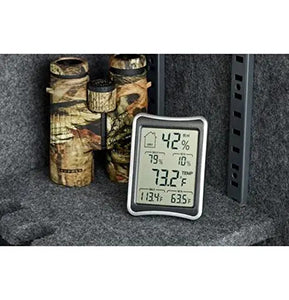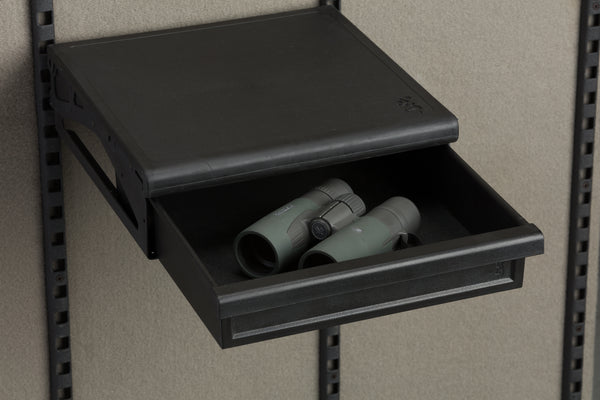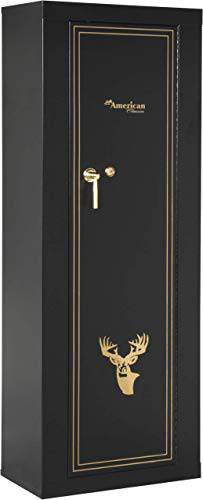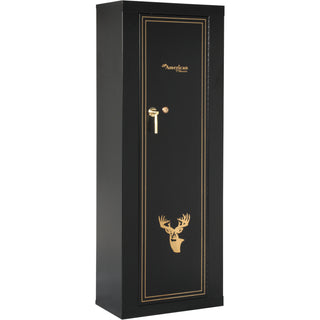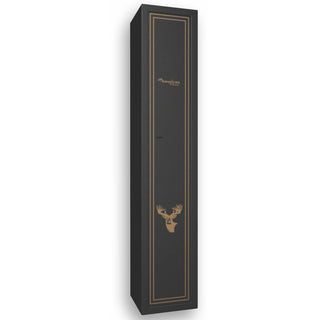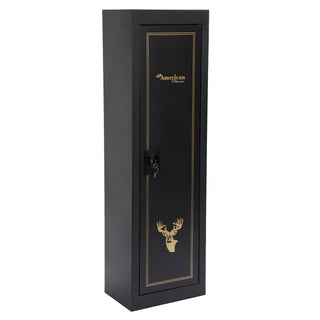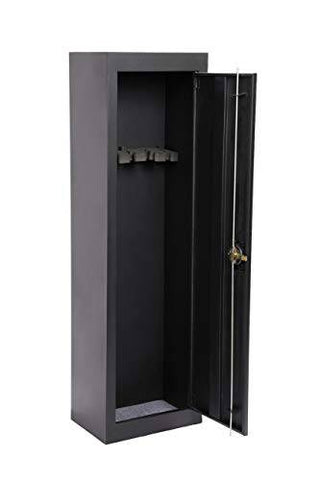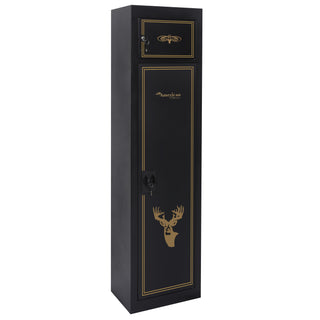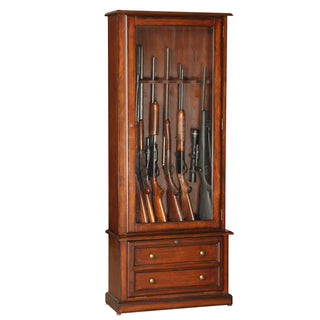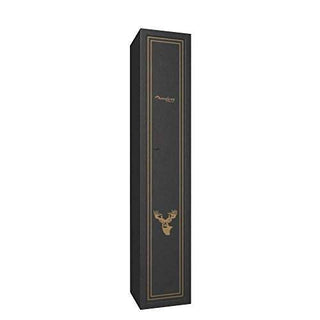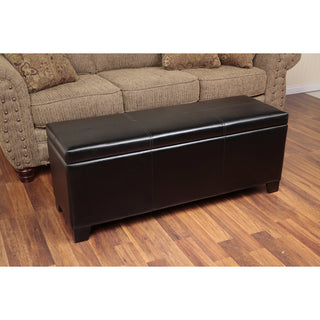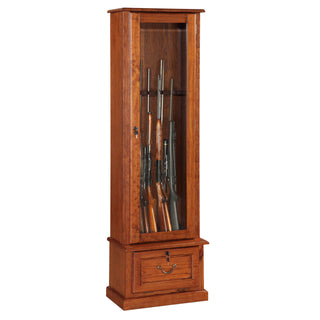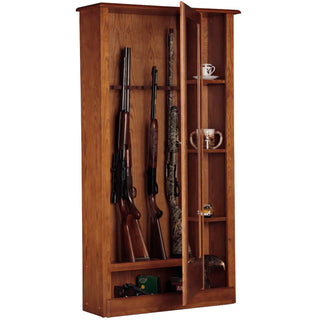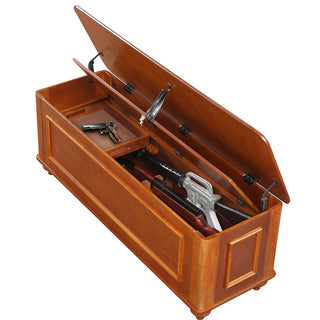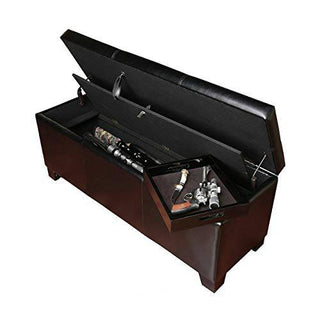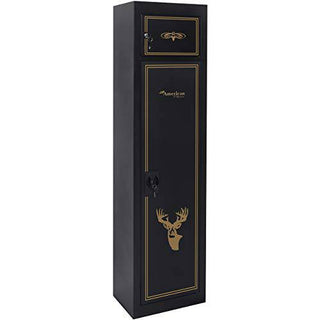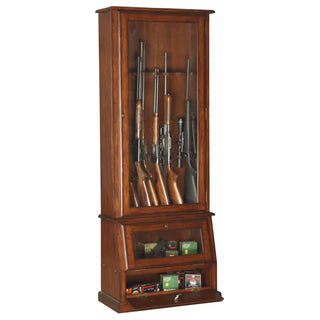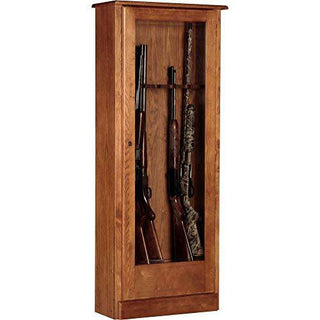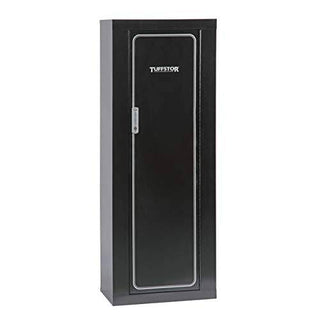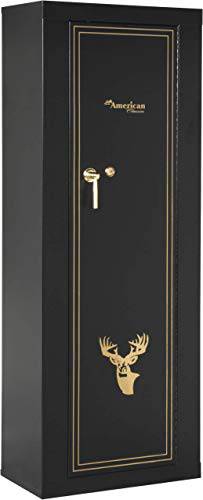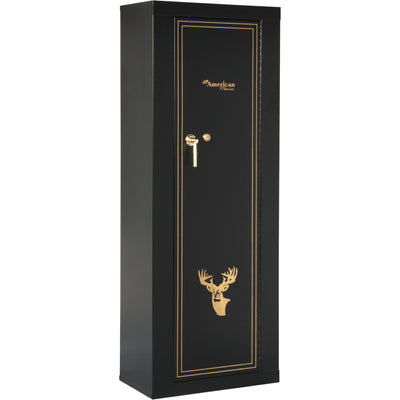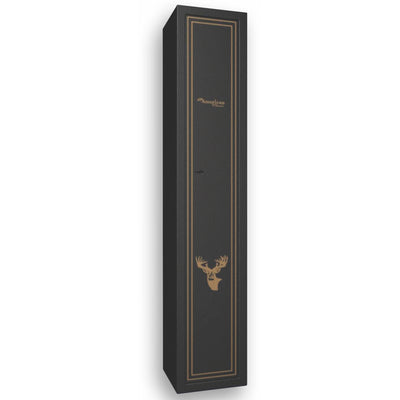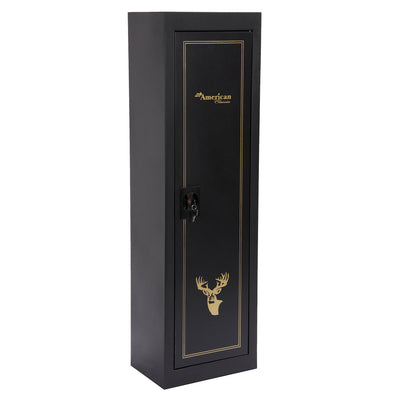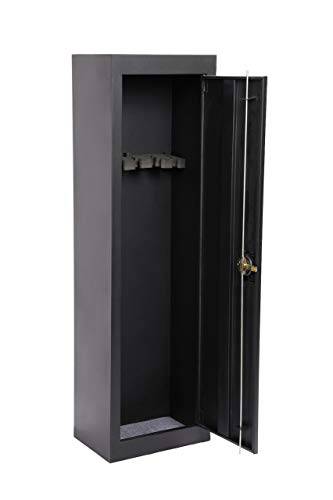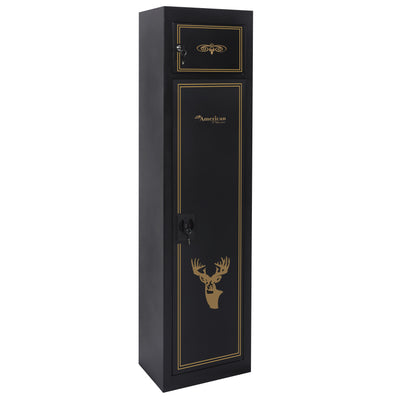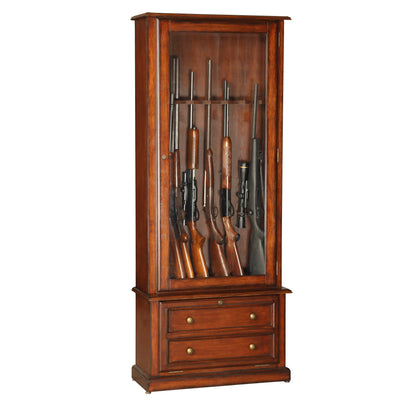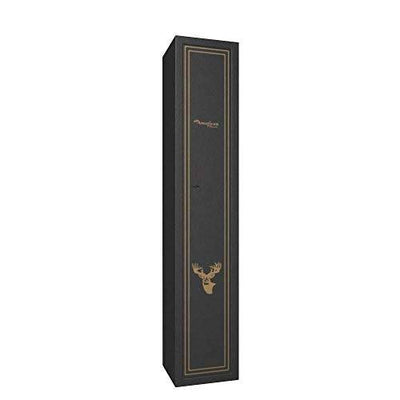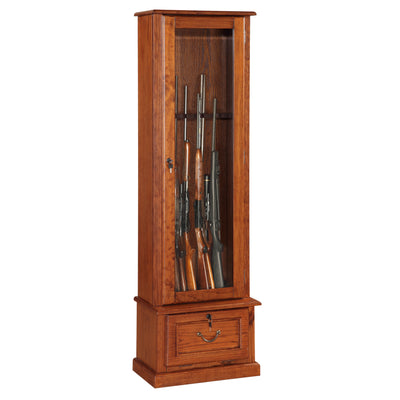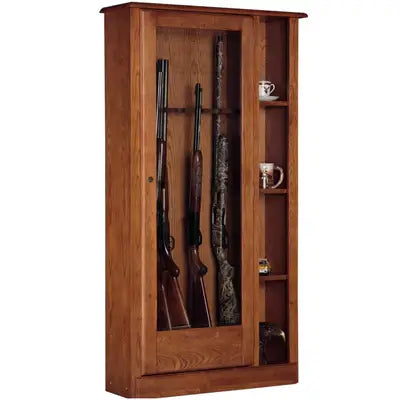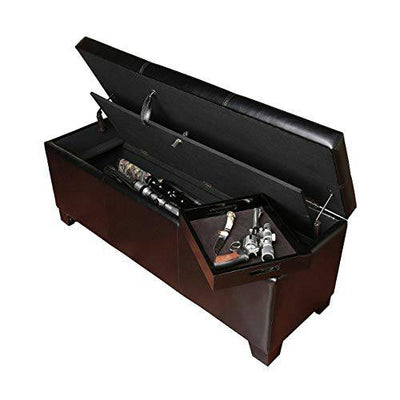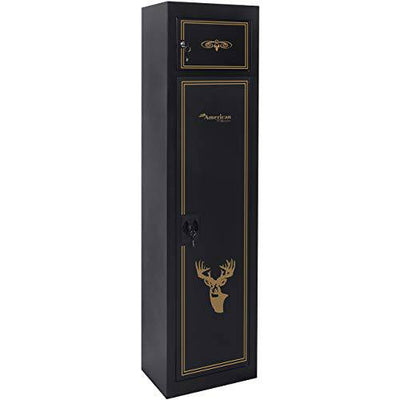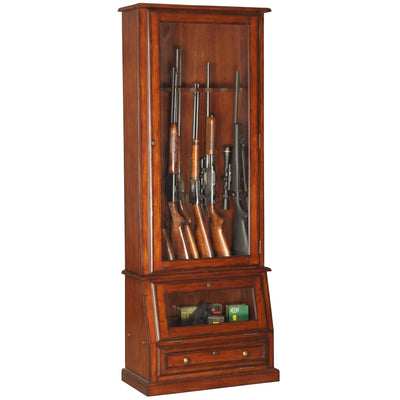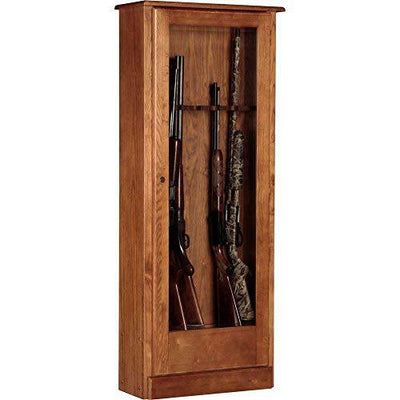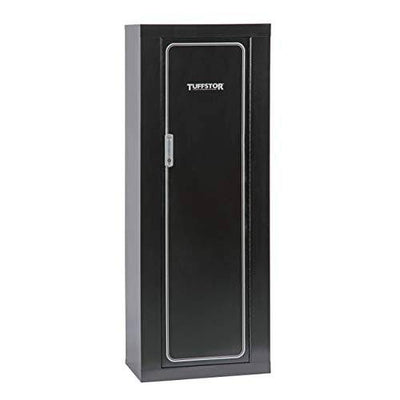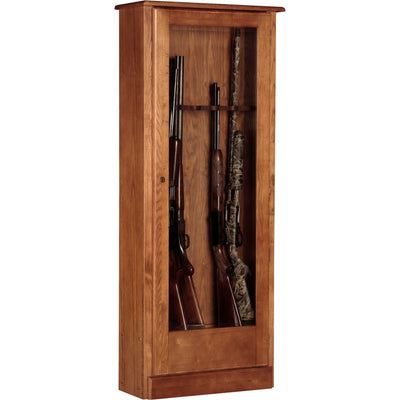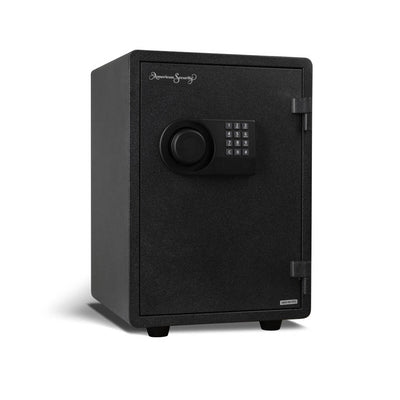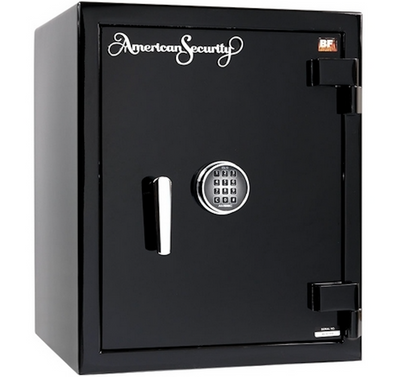
*This post contains affiliate links to products. We may receive a commission for purchases made through these links, but it never influences our product selection process.
Table of Contents
When transporting across the country, you can easily violate state, local, and Federal laws. Some states, like Texas, have more stringent laws to complicate matters. Let's look at some general rules and regulations that apply to all domestic travel with firearms and get into Texas law in particular.
Here 7 rules with laws for transporting guns:
- Crossing the border rules
- Requirements for importing weapons
- Rules when crossing a state border
- General rules on firearm transportation
- FOPA laws
- Regulations for bringing firearms on a commercial aircraft
- Open carry laws
U.S. citizens took millions of domestic trips, totaling a cost of $2.3 billion. Taking a domestic trip generally requires booking accommodation and making travel arrangements. But if you're planning to take any firearms with you—you'll need to know what's legal and what's not.
Making sure you comply with local and federal gun laws while transporting firearms is essential. Penalties for abusing gun laws can be severe and might ruin an otherwise perfect trip.
In this article, we'll run through seven essential rules to know if you plan on bringing your guns. We'll also touch on the local state laws of California and Texas.
Remember, it's always your responsibility to understand the law. Always double-check the rules of your destination and those of the states you pass through.
Also, be sure to check if any regulations or laws have changed since the last time you traveled. Laws are always evolving and adapting.
7 Rules With Laws For Transporting Guns:
1. Crossing the U.S. Border Rules
U.S. border control is a serious affair. Bringing a firearm into the country is generally illegal if you are not a U.S. resident.
Federal Law governs the transport of firearms into the United States. Exceptions include traveling to the U.S. for hunting or shooting competition.
While there are exceptions to the rule, be very wary of bringing weapons into the United States. U.S. border agents do have considerable discretion in the enforcement of these rules. While they may choose not to, they have the power to confiscate your weapons, fine you, and jail you.
Exporting firearms requires ATF Form 9. The export regulations for handguns, rifles, and similar components or ammunition are called the ITAR (International Traffic in Arms Regulations). Whilst shotguns or barrel lengths longer than 18 inches are covered by the EAR (Export Administration Regulations.
Exporting weapons requires a license from either the DDTC (Department of State's Directorate of Defense Trade Controls) or the BIS (Department of Commerce's Bureau of Industry and Security). This depends on the distinction between the barrel length above.
That's never a great start to a trip.
2. Requirements for Importing Weapons
If transporting firearms in the U.S. is vital for your journey, make sure you obtain the right permits. You will need to fill out an ATF Form 6NIA to obtain one.
The requirements listed in this form detail the exceptions to a ban on non-U.S. residents transporting firearms. You will either need a valid hunting license or an invitation to attend a sponsored shooting competition/event/tradeshow. Sponsorship must come from a National, state, or local organization.
This is to prevent merely making up an event to transport firearms. The process can take two to three months and is valid for a year. Once valid, you can travel in and out without restriction with the weapons you have received a permit for.
3. Rules When Crossing a State Border
Here's where it gets complicated. Transporting firearms between states is not restricted by federal law. In its place, citizens must follow state laws and regulations.
Your hunting trip or family gathering will have to check the local laws of the states which you will travel through. Air travel is slightly different. More on that later.
4. General Rules on Firearm Transportation
Across state lines, federal laws don't restrict the legal transportation of firearms. There are, of course, many exceptions to this rule, including but not limited to:
- Convicted felons
- Persons indicted for felonies
- Persons involuntarily committed to mental institutions
- Illegal drug users
- Illegal aliens
- Dishonorably discharged veterans
- Persons convicted of domestic violence
- Persons subject to specific domestic violence restraining orders, and more
There is no comprehensive law for all states; each state has its own transportation laws. States also tend to enforce their laws differently. Even though two states may have the same firearm regulations, they may enforce them differently.
If you are ever in doubt on transportation laws for your journey, carry your weapons:
- Unloaded
- Locked in a case
- Stored in an area inaccessible from the passenger compartment and not visible from outside the vehicle
- With ammunition separately locked
These laws will differentiate if you are a qualified or retired law enforcement officer.
5. FOPA Laws
FOPA, or the Firearms Owner' Protection Act, helps protect you in mid-transport. This law applies if you transport firearms between two places where you may possess and carry that firearm.
Carrying a firearm between two places where you may legally carry it still has its restrictions. These safe passage laws are minimal to prevent gun owners from abusing the law in more restrictive states, especially regarding the open carrying of a firearm.
Therefore, weapons under FOPA protection should follow the steps above. Gun owners must keep firearms locked, unloaded, and out of reach. Keep your firearms locked in the trunk of your car or a place unreachable.
Ammunition belongs either in your trunk or a locked container other than the glove compartment. If you do not follow this guidance, you may be liable as if you were carrying firearms illegally.
In addition, some local gun laws only permit this defense after the arrest, otherwise known as an 'affirmative defense.' In the event of a stop by law enforcement, follow these guidelines for safety:
- Keep copies of your firearm licenses, permits, and the laws of each state you are passing through (including FOPA)
- Do not unnecessarily handle or pick up bags/cases containing firearms
- Cooperate with law enforcement calmly
6. Regulations for Bringing Firearms on a Commercial Aircraft
The TSA (Transportation Security Authority) has enacted regulations for carrying firearms or ammunition.
All firearms and ammunition must be in a check-in bag. 'Firearms' includes all parts of firearms, such as barrels, frames, magazines, or any internal parts of a gun.
Even accidentally leaving a firearm part or bullet in your carry-on luggage is a serious event. Security will likely detain you for questioning and issue fines or criminal charges.
If you're carrying firearms or ammunition in your check-in luggage, be sure to:
- Unload all firearms
- Place them in a hard-sided container
- Lock the container
- Make sure only you have the key or code to the container
For more information on firearms on board an aircraft, please read this DoJ letter and the TSA website linked above.
7. Open Carry Laws
If you wish to carry your firearms on your person, loaded or unlocked, you will have to comply with state laws. This means following the law in every state you travel through.
If you are unsure about any state's laws, make sure you call the Attorney General's Office in each state you are traveling through. You can also use the link above or call the NRA-ILA hotline at 800-392-8683.
Some states are also willing to issue a permit to carry loaded firearms on your person to non-residents. Let's take a look at the state laws of California and Texas as examples.
Transporting Firearms in Texas
The local state laws of Texas permit the open or concealed carry of handguns only with a license. This is known in Texas as a License to Carry (LTC).
Within Texas law, you may transport firearms in a vehicle as long as it is hidden from view. You must be otherwise permitted to possess a firearm. Note that carrying a weapon in plain sight requires an LTC. Longer weapons, like rifles or shotguns, are permitted. For an in-depth guide on all Texas regulations regarding the open or concealed carry of firearms, please see this website.
Texas has specific laws called LTC reciprocity, which permit those with Open Carry Licenses from other states to carry firearms in Texas. These should be consulted if you carry weapons unlocked, loaded, or within reach, especially if your firearms are in plain sight while transporting them.
Safe Gun Transportation
Transporting firearms can be dangerous and tricky. It is imperative to stick to all laws and regulations imposed on you. Failing to comply with local or federal laws can leave you facing criminal charges.
Remember to inquire on official government websites or seek advice from government officials. Do not rely on legal advice from this or any other article that depicts gun safety laws.
These laws are in place to keep you and other citizens safe. When in doubt, make sure to keep your firearms locked, unloaded, and separate from ammunition. Never carry firearms on your person without a permit or permission from local law enforcement.
If you're looking for a safe and secure gun storage solution, look no further than USA Safe and Vault. Do not hesitate to contact us with any questions on gun storage and safe transportation.









